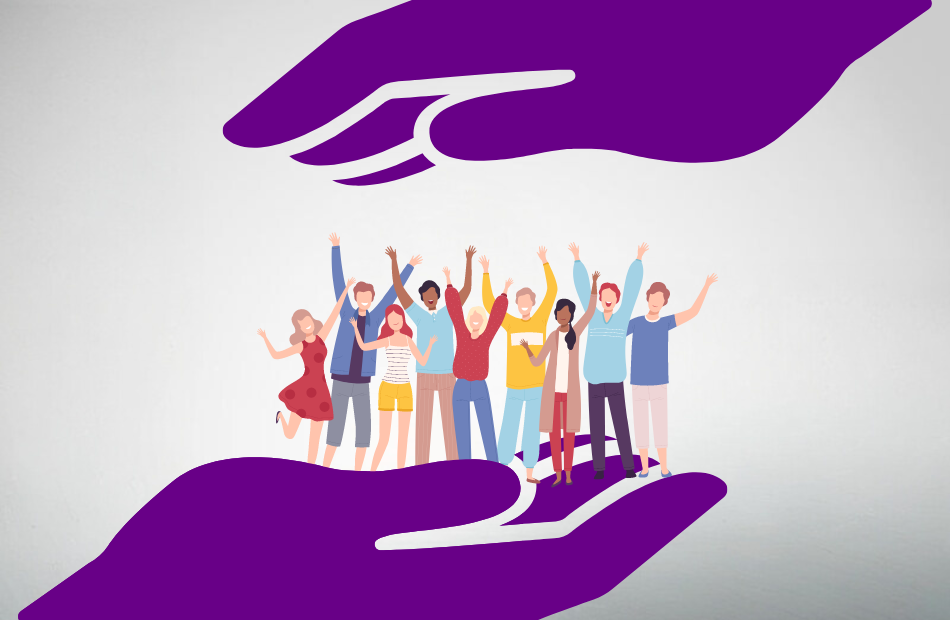




Despite the growing recognition of the importance of psychological safety in fostering trust and collaboration, many workplaces still struggle to create and maintain environments where employees feel secure in sharing ideas, voicing concerns, and taking risks.
Let's consider: Have we genuinely reflected on the true essence of safety and its indicators in the workplace?
When we examine the fundamentals, safety is intrinsically linked to the human spirit, which naturally seeks to thrive. In the workplace, this means finding fulfillment through the ability to express one’s authentic self.
A key indicator of safety in the workplace is that employees clearly understand the boundaries of acceptable behavior while feeling free to show their authentic selves. They feel supported in sharing ideas and speaking up without fear while having workplace concerns. Team members respect each other's competence and take a genuine interest in one another as individuals. This mutual respect fosters positive intentions and trust, allowing for constructive conflict and open confrontation when necessary. Such a setting encourages interpersonal risk-taking and experimentation, essential for innovation and growth.
How do we identify this in the workplace?
Research conducted by the Department of Management at the University of Kentucky, USA, identified three critical factors for fostering psychological safety:
1. Workplace meaningfulness: Employees who perceive their work as significant and aligned with their values are more likely to feel psychologically safe. A sense of purpose fosters their authentic selves, as individuals are encouraged to bring their whole selves to the table. A strong job-role fit, where employees' skills and passions align with their responsibilities, further amplifies this. The outcome of this is a meaningful work experience that catalyzes organizational innovation and creative solutions.
2. The quality of co-worker relationships: Empathy and collaboration are the twin pillars of rewarding coworker relationships. When employees feel genuinely understood and supported by their colleagues, they are more likely to develop a strong sense of social identity in the workplace. This moves employees beyond simply fulfilling job roles to becoming integral members of a cohesive team. Empathy and collaboration make individuals feel comfortable being vulnerable, sharing mistakes, and offering unconventional ideas. This sense of trust is fundamental to psychological safety.
3. Supportive Managers- When managers prioritize constructive feedback, inclusive leadership, a growth mindset, and team engagement, they create a fertile ground for employees to thrive. Furthermore, managers who view failure as an opportunity for growth create a culture of learning and resilience. By reframing setbacks as stepping stones to success, they encourage diversity of thought and constructive debate without fear of negative consequences
We have looked beyond a surface-level understanding of psychological safety to see that it’s deeply intertwined with the human spirit, thriving on authenticity, respect, and purpose.
By prioritizing workplace meaningfulness, nurturing strong coworker relationships, and providing supportive leadership, organizations can unlock the true potential of their workforce. It's about creating a space where employees flourish, innovate, and contribute meaningfully. Recognizing and nurturing psychological safety is not just an ethical imperative but a strategic imperative for organizations aiming to thrive in the 21st century.
Take the next step
The Invincible You Psychological Safety and Inclusion tool can help you assess your organization's climate and develop a tailored action plan. We also provide a comprehensive report for valuable insights and practical strategies to foster psychological safety in your organization. .
Almost all our actions stem from either Love or Fear.The opposite of love is not hate; it is fear.
Focused hiring, vigilant policies and top management sponsorship can enable an organization to build a diverse talent profile. We know this and are already seeing the excellent work that so many organizations are doing in this area.
In recent decades, there have been calls for greater gender equality while boosting the need to close the gender wage gap. Although significant strides have been made in this area, there are still very few women in leadership positions compared to men.